Socially Conscious Film Directors Share their Views on Validation #atozchallenge #IndieFilm
 Friday, April 25, 2014 at 11:58PM
Friday, April 25, 2014 at 11:58PM  On the set of the documentary 'TEN9EIGHT' directed by Mary MazzioWhat does validation look like -- an award, critical acclaim, audience favor, film festival acceptance/laurels, distribution offers, being charted at the box office, artist representation? I wonder how much is validation worth if we don't get it? Two thumbs up from the late Roger Ebert held a lot more weight for filmmakers than a pat on the back from our parents!
On the set of the documentary 'TEN9EIGHT' directed by Mary MazzioWhat does validation look like -- an award, critical acclaim, audience favor, film festival acceptance/laurels, distribution offers, being charted at the box office, artist representation? I wonder how much is validation worth if we don't get it? Two thumbs up from the late Roger Ebert held a lot more weight for filmmakers than a pat on the back from our parents!
I too was among the filmmakers banking on those reviews, and when the Ebert Era came to an end, my hopes for success went out the window. I’ve since looked at Ebert’s passing as a gift that also changed my definition of what it means to succeed with one’s work.
For Mary Mazzio, director of the robotics and immigration documentary “UNDERWATER DREAMS”, that image of success is found in the level of social impact she has with her films. “What I love about our projects is the ability to impact someone’s thinking -- whether that’s a young child growing up under the most adverse of circumstances, where there is no opportunity, they can’t see opportunity and they don’t see role models; if you can present the piece of media that they feel speaks to them, and gives them a different outlook – that’s social change, which is really exciting,” says the former Olympian.
 Mary Mazzio's film 'THE APPLE PUSHERS' examines the obesity crisis, immigration, entrepreneurship, and what it really takes to achieve the American Dream.She continues, “’THE APPLE PUSHERS’ was all about food deserts and the lack of access that poor Americans – mostly the urban poor, but also the rural poor –have to fruits, vegetables, lean meats and skim milk, etc. and they often don’t have supermarkets within a mile of their home. Consequently, they face, as somebody phrased it, a junk swamp – they can get all kinds of fast food, quickly, cheaply and easily but from a health standpoint, it’s totally unfair.”
Mary Mazzio's film 'THE APPLE PUSHERS' examines the obesity crisis, immigration, entrepreneurship, and what it really takes to achieve the American Dream.She continues, “’THE APPLE PUSHERS’ was all about food deserts and the lack of access that poor Americans – mostly the urban poor, but also the rural poor –have to fruits, vegetables, lean meats and skim milk, etc. and they often don’t have supermarkets within a mile of their home. Consequently, they face, as somebody phrased it, a junk swamp – they can get all kinds of fast food, quickly, cheaply and easily but from a health standpoint, it’s totally unfair.”
It was through Mazzio’s film production company 50 Eggs, Inc. that she organized screenings of “THE APPLE PUSHERS” in different cities with different federal and health organizations, and noticed the impact her film is having. “We saw really interesting brainstorming with all kinds of different people coming together [asking] ‘how do I solve this in our community? Well, maybe it’s a mobile food truck, or maybe it’s a mobile food bike, or maybe it’s something else altogether; how do we infuse these food deserts with fresh fruits and fresh vegetables. How do we do that?’ and that’s incredibly exciting to see,” says Mazzio.
Mazzio’s film “TEN9EIGHT: SHOOT FOR THE MOON” was also well received by audiences and blessed with a huge number of favorable reviews, despite having its detractors within the critics circle. “Tom Friedman who writes for the New York Times called on President Obama to put that in every school in the country. The Village Voice, on the other hand, said that I had invented a terrifying new genre called capitalistic porn! How hilarious is that?! They hated the film,” she says while stressing that her film was made for the kids in disenfranchised poor communities, not for movie critics.
 Rahfael Gordon On Location in Brooklyn filming 'TEN9EIGHT' directed by Mary Mazzio
Rahfael Gordon On Location in Brooklyn filming 'TEN9EIGHT' directed by Mary Mazzio
If anyone’s opinion validated her work, it would be the students that packed AMC Theaters in eight-ten cities where “TEN9EIGHT: SHOOT FOR THE MOON” opened free of charge to schools.
“On the first day of the run, I go to New York, I’m standing at the back; These buses are coming in and these kids are coming out – almost all of them African-American teenagers, some Hispanic, Latino, and I’m thinking ‘Oh God, Oh dear!’ My heart was beating out of my chest because I was like ‘Boy, is what I have to say even relevant to these kids?’ They’ve got jeans down to their knees; These are full-on teenagers with very limited attention spans,” says Mazzio – a self-described ‘blue-eyed hockey mom’.
She continues, “So the movie starts and I feel like I’m going to throw up because it was jammed. All of a sudden, you could hear a pin drop with these kids, and then, three-quarters of the way through, people start shouting at the kids on the screen in the movie. Like ‘You go Anné!’; ‘Rodney, Rodney!!!’ – OMG, the hair on my arms and the back of my neck stood up! I was like Oh-My-God, this is such a privilege that you can put together a piece of media that can slide through space and time.”
 Audiences at Henrico Theatre swarm the merchandise table for TROOP 491: THE ADVENTURES OF THE MUDDY LIONS.Like Mazzio, audience response is what “TROOP 491: THE ADVENTURES OF THE MUDDY LIONS” director Partrick “Praheme” considers as the ultimate approval of his movies. “That’s what I live for – people being able to see my work. Making money is a great bonus to that, but seeing people have emotional reactions to my films – whether it’s laughing or crying – that’s where my validation comes from because it lets me know that what I was trying to put into the movie actually worked,” he says.
Audiences at Henrico Theatre swarm the merchandise table for TROOP 491: THE ADVENTURES OF THE MUDDY LIONS.Like Mazzio, audience response is what “TROOP 491: THE ADVENTURES OF THE MUDDY LIONS” director Partrick “Praheme” considers as the ultimate approval of his movies. “That’s what I live for – people being able to see my work. Making money is a great bonus to that, but seeing people have emotional reactions to my films – whether it’s laughing or crying – that’s where my validation comes from because it lets me know that what I was trying to put into the movie actually worked,” he says.
"When you’re writing these scripts and making these movies, you never know whether people are going to ‘get it,’ whether people are going to like it, whether they’re gonna connect with it. So, when you see it, hear it and feel it in the audience, that lets me know that I did a decent job,” says the Howard University graduate whose film was well received in London, Houston, Richmond, and most recently in Tucson at the Arizona International Film Festival.
If Praheme and Mazzio’s experiences are any indication, all of the reviews in the world are no match for what a movie’s target audience has to say. “I felt like it was almost a religious experience; here are these kids responding to something that I tried to make for them. For me, that’s what it’s all about. So, the guy from the Village Voice can write what he wants, but I got calls from across the country -- the same thing was happening in Detroit, in Chicago, in L.A. – I mean, all of these school children filled the theaters, and they were teenage students primarily from inner-city, low-income schools. That was unbelievably exciting that they could see the kids in “TEN9EIGHT: SHOOT FOR THE MOON” in a way that they had not been used to seeing themselves on film,” adds Mazzio.
 Production still from 'TEN9EIGHT' directed by Mary Mazzio“By and large -- there are lots of exceptions but I’m totally generalizing -- the portrayal of Hispanic and Latino teenagers in movies, and in the African-American community as well, is so stereotypical with very few positive, aspirational, authentic stories. So, I think that’s what these kids were reacting to – they saw kids in the movie overcoming issues that are just like what they had to overcome. They were so mad that the narrator of the film, Rodney Walker, didn’t win – he came in second. I think everybody thought he’d win and when they announced the places, it was like ‘What?!!!!’ That was awesome,” she says.
Production still from 'TEN9EIGHT' directed by Mary Mazzio“By and large -- there are lots of exceptions but I’m totally generalizing -- the portrayal of Hispanic and Latino teenagers in movies, and in the African-American community as well, is so stereotypical with very few positive, aspirational, authentic stories. So, I think that’s what these kids were reacting to – they saw kids in the movie overcoming issues that are just like what they had to overcome. They were so mad that the narrator of the film, Rodney Walker, didn’t win – he came in second. I think everybody thought he’d win and when they announced the places, it was like ‘What?!!!!’ That was awesome,” she says.
Although Mazzio doesn’t judge a work solely by reviews, she does take multiple sources of reviewers into consideration when it comes to watching films. “I think reviews are key but oftentimes, you’ll see movies with terrible reviews that get big audiences,” says Mazzio before also pointing out “Certainly, there are many more movie critics, with bloggers and web and easy accessibility; you don’t just have the big movie reviewers – the Siskel and Eberts – I don’t think they’re given quite as much weight. With that being said, critics are important – they can influence audience goers. So when I go see a movie, I will actually go look at the reviews; I’ll look both at the critical reviews and then I’ll look at the audience reviews, because the critics may have a very different take than the audience.”
 Film director Praheme with audience members at Saint Paul's Baptist Church.The disparity in movie reviews by critics and audiences alike is exactly why Praheme does not think they hold much weight at all, now that “everybody is a movie reviewer.” “Everybody can go on Twitter and tell you what they think about a movie, and that’s almost just as valid as the newspaper. I’ve never really believed that reviewers or critics were reviewing the movies in the same way that the audience member was -- as a regular, just average Joe Blow movie goer, and that, to me was always a disconnect when I used to read reviews, because it’s like, they’re grading it on this sophisticated, kinda snobbish movie standard – the acting, directing, dialogue – when most people are like ‘hey, did I enjoy that movie? Did it entertain me for that hour and thirty minutes? -- and that’s the way I look at movies,” proclaims this former Boy Scout.
Film director Praheme with audience members at Saint Paul's Baptist Church.The disparity in movie reviews by critics and audiences alike is exactly why Praheme does not think they hold much weight at all, now that “everybody is a movie reviewer.” “Everybody can go on Twitter and tell you what they think about a movie, and that’s almost just as valid as the newspaper. I’ve never really believed that reviewers or critics were reviewing the movies in the same way that the audience member was -- as a regular, just average Joe Blow movie goer, and that, to me was always a disconnect when I used to read reviews, because it’s like, they’re grading it on this sophisticated, kinda snobbish movie standard – the acting, directing, dialogue – when most people are like ‘hey, did I enjoy that movie? Did it entertain me for that hour and thirty minutes? -- and that’s the way I look at movies,” proclaims this former Boy Scout.
“I don’t care whether the writing was great or all of that other stuff. Was I entertained? Did you make me laugh? Did you take me out of my thought process [that I had] before I walked in here? So, fuck the critics!” - Praheme
While Praheme values audience reactions over reviews, this still doesn’t impact his filmmaking choices. “I try not to think about any of that stuff while I’m making a movie. I’m making a movie purely based off of what I see in my head, in hopes that people will like what they see, but I’m not making anything expecting people to like this automatically. I’m not doing it with the hope that ‘hey, if I put this in then all of the Mexicans are gonna like this!’ you know, because I have no idea what people are going to like. So, I try to make stuff that I like and hope that there are enough weirdoes like me out there that will like it too. I think that my sensibilities are pretty common,” he says.
There is much to be learned after discussing validation with Mary Mazzio and Praheme – both who have succeeded in gaining audience favor, in their own right, which can obviously be worth more than critical acclaim. The former narrow-minded thinking that told me I needed a movie review from none other than Roger Ebert, as my form of legitimacy, continues to teach me a lot about the importance of not relying on a specific person or entity to validate your hopes and dreams. Being flexible with your objectives is vital because that's when new doors start opening and exciting things beyond your wildest dreams begin to happen.
What does validation mean to YOU?
How much influence do reviews have on YOUR decision to see, or not to see, a movie?
What was the last movie YOU saw and loved despite it having negative reviews?
Also, be sure to check out yesterday's post about Understanding that the Future of Film is Up to Us.







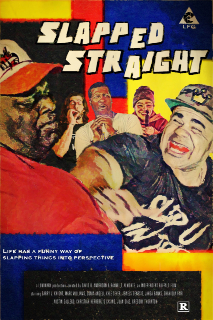







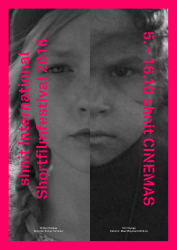







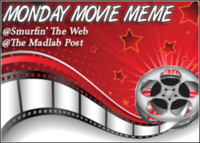



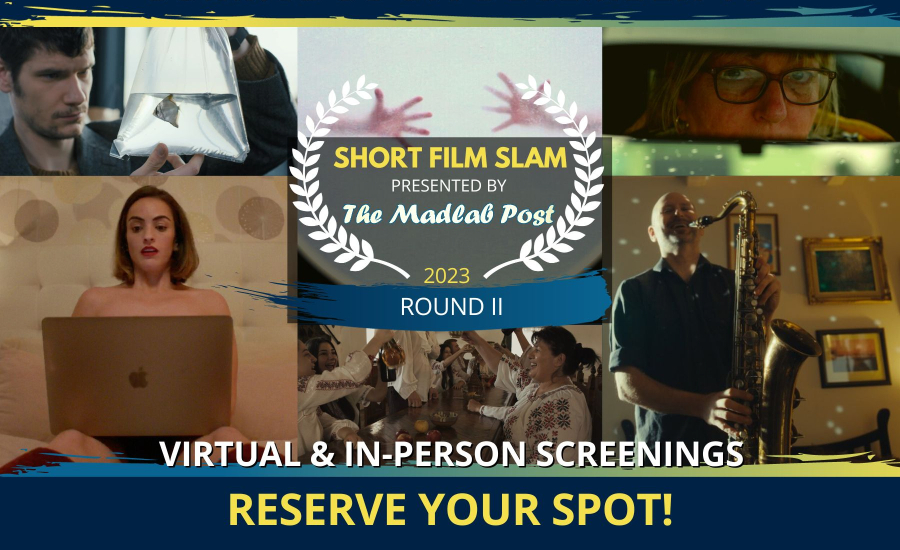

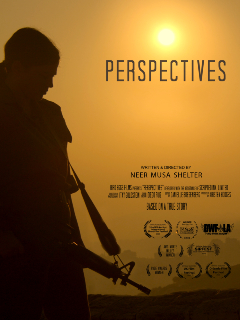
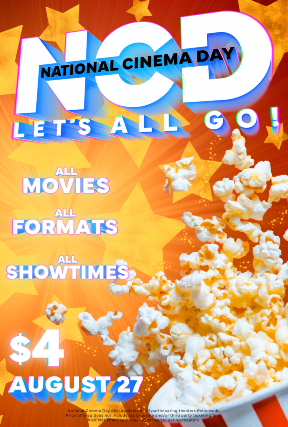

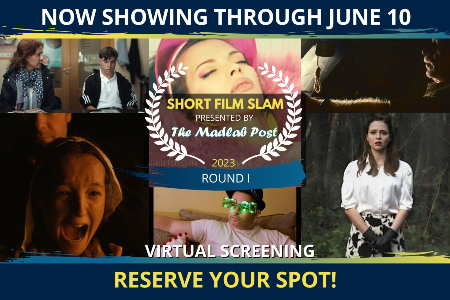
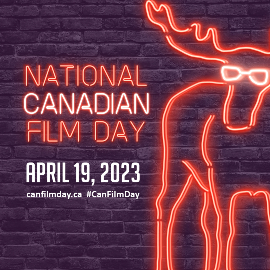
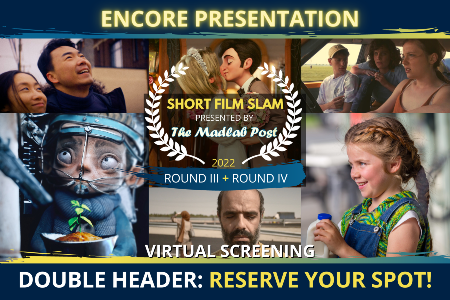
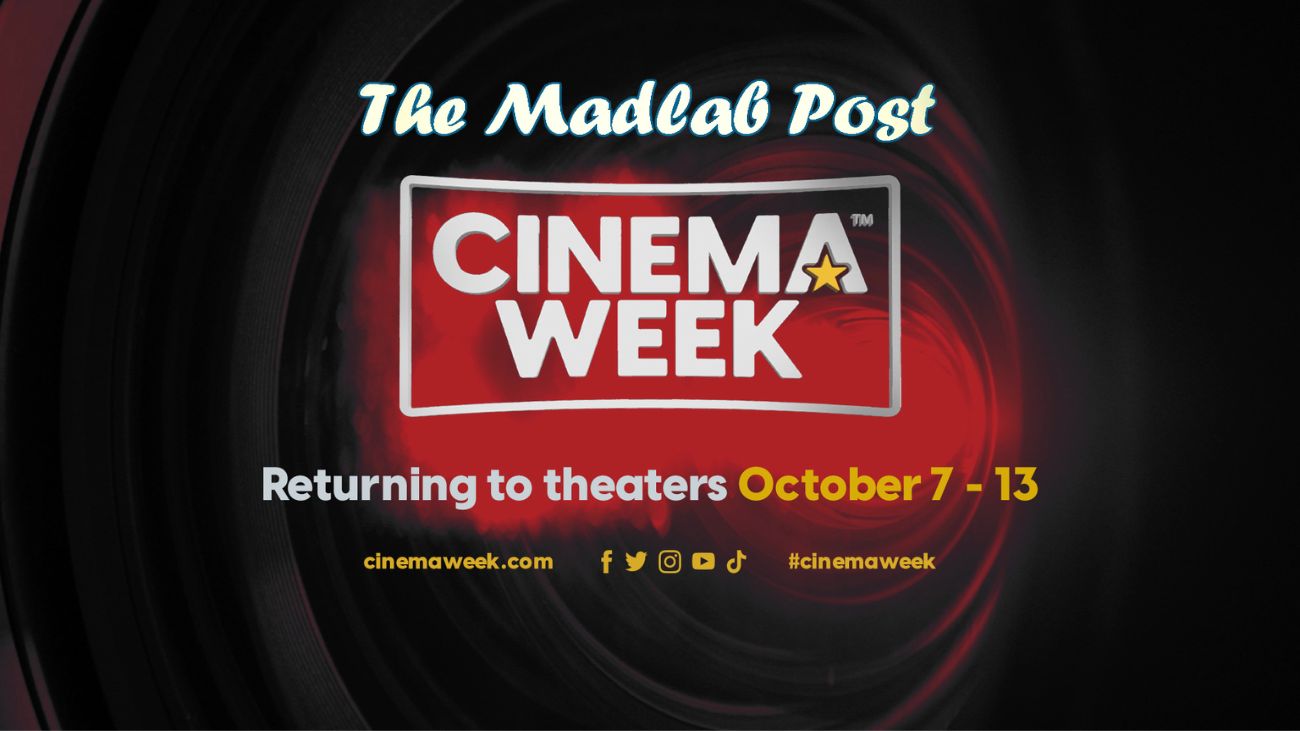


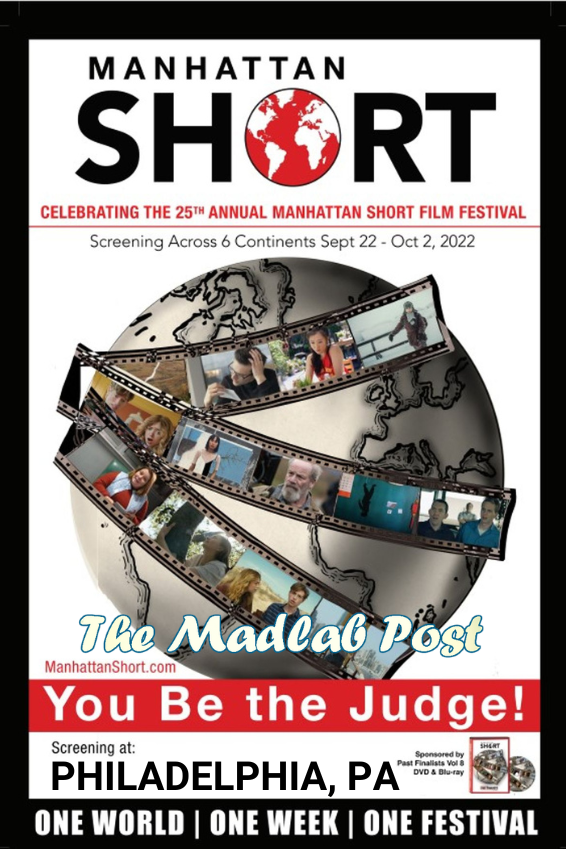
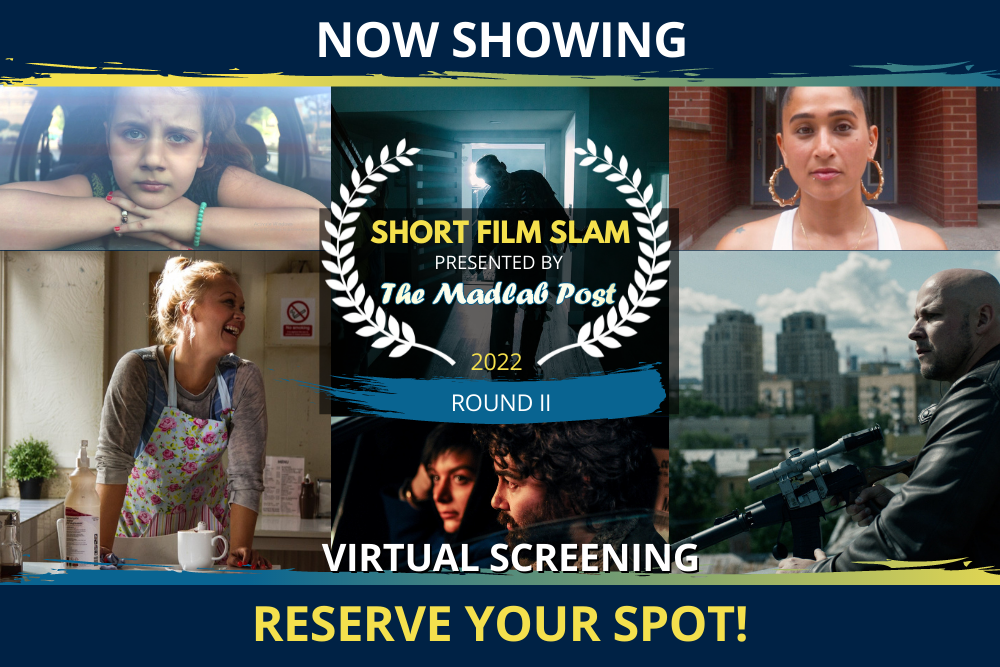

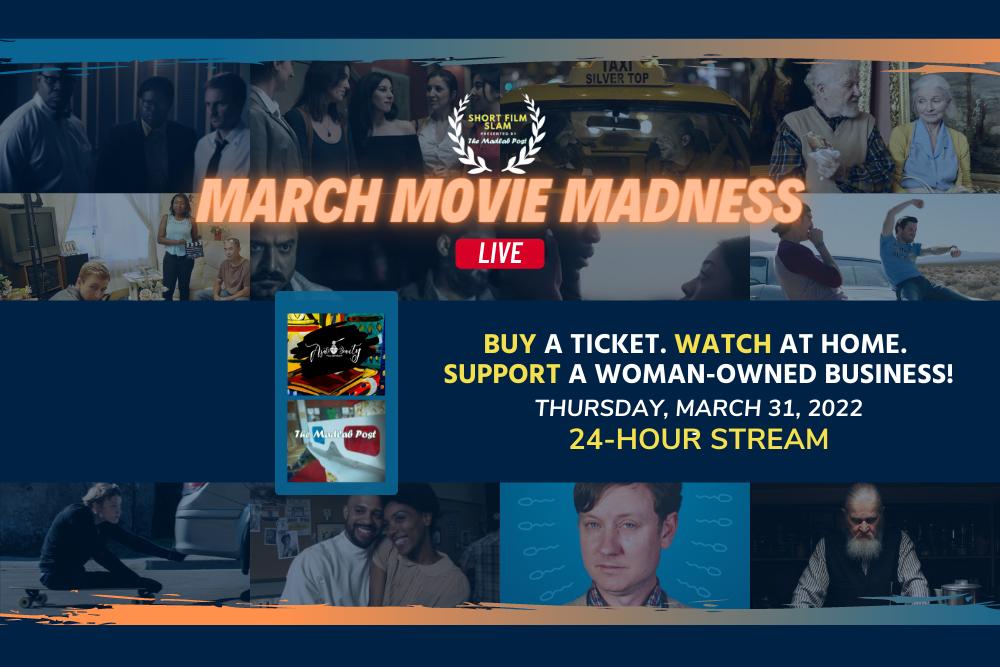


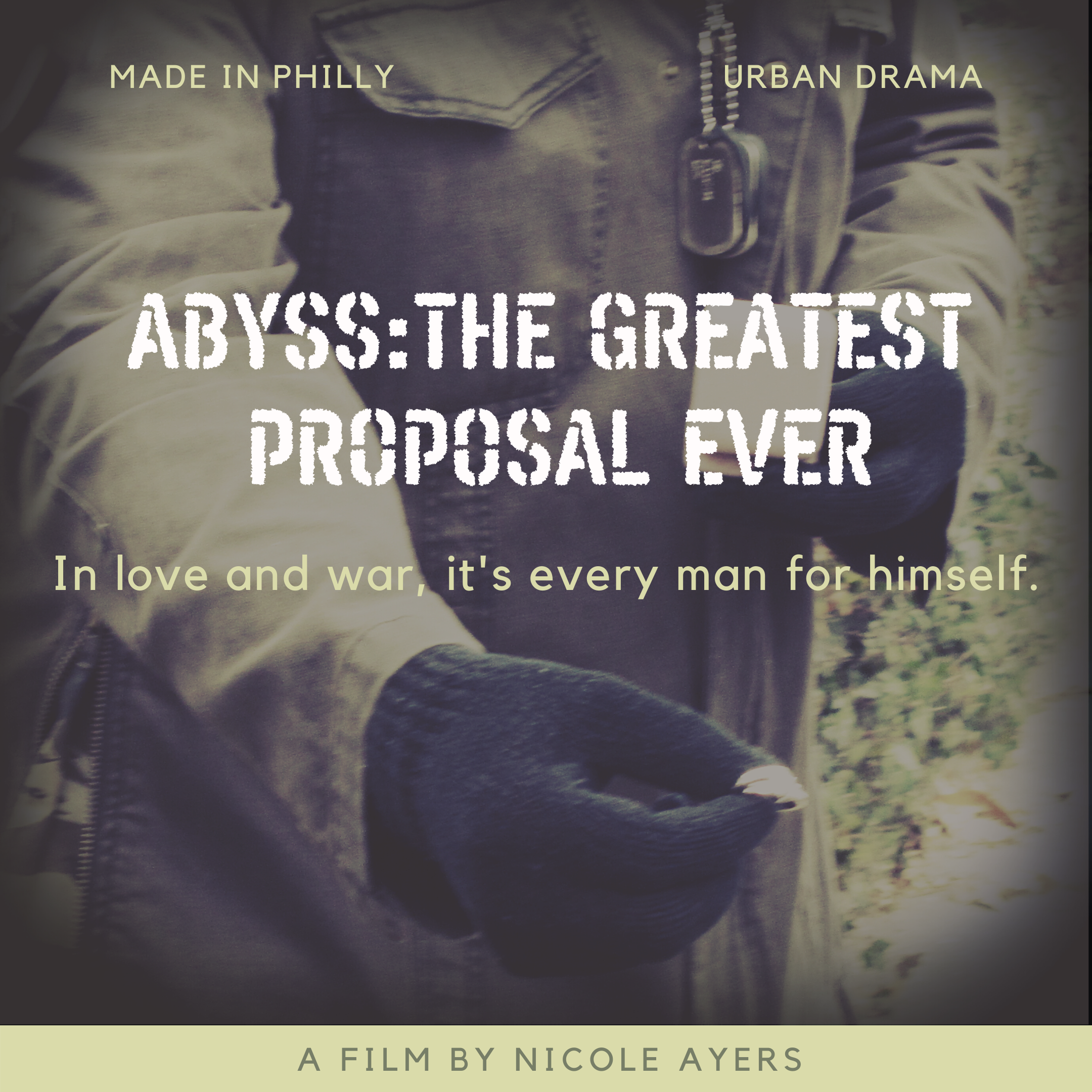


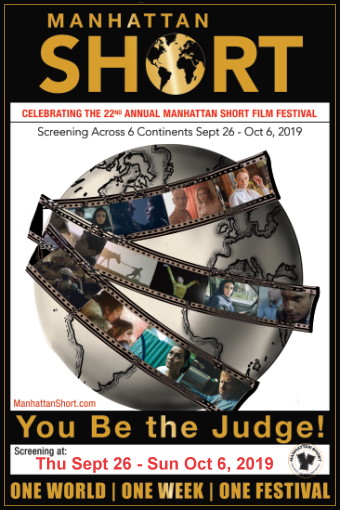
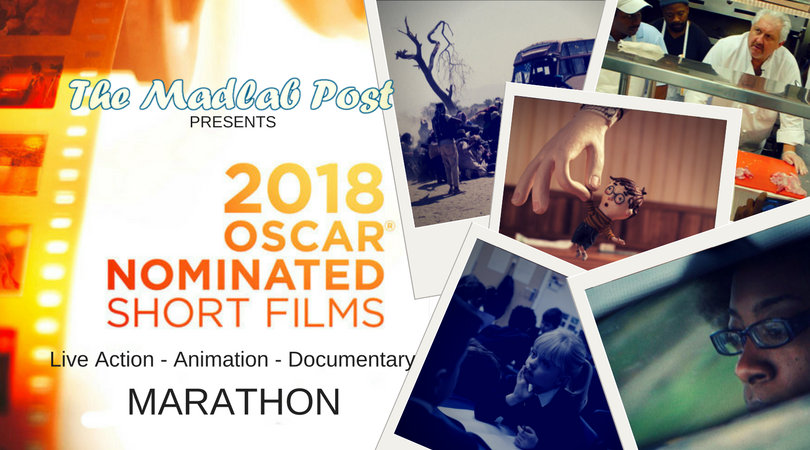



Reader Comments (2)
Validation means a lot to me when it comes to films. I pay attention to reviews, and when Ebert was alive, I paid more attention to his reviews than I did Siskel's. (I'm old enough to have been around during their heyday.) If Ebert gave a movie a thumbs up, that was enough validation for me.
I thought the purpose of art was to connect with the audience. If it moves the audience to verbally get involved with the piece,then I believe that's all the validation that's required. Critics will always be critics. That's their job. And more often than not I completely disagree with them. It's only the opinion of the target audience that I'd be concerned with, and nothing more.
Of course, a good blurb here and there is nothing to smirk at! Heh...